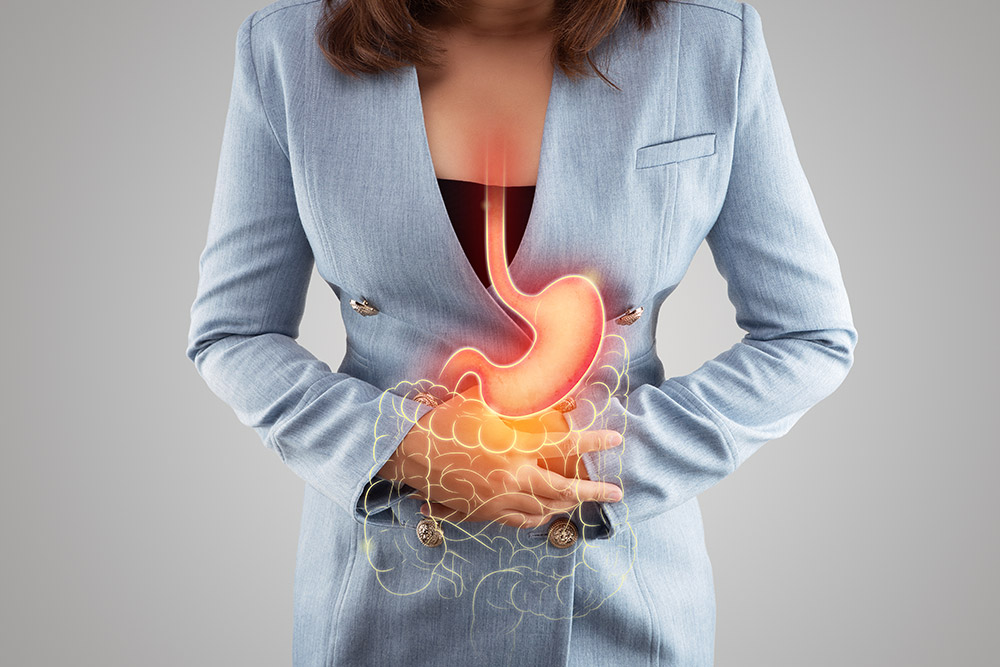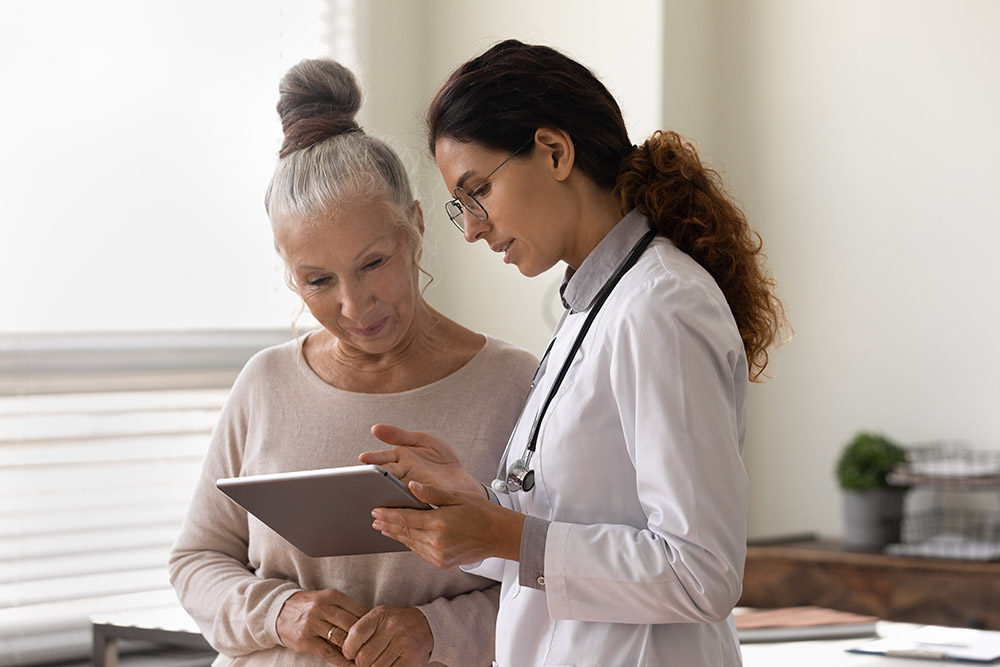What Is Inflammatory Bowel Disease (IBD)?
Inflammatory Bowel Disease (IBD) is a long-term condition that causes swelling and irritation in your digestive tract. The two main types are Crohn's disease and ulcerative colitis. Both can lead to belly pain, persistent diarrhea, fatigue, and unintended weight loss. At GastroDoxs in Houston, Dr. Rishi Chadha offers expert testing, treatment, and ongoing support for people living with IBD.
What Causes IBD?
- Family history - IBD is more common if it runs in your family.
- Immune system - Your body's immune response may mistakenly attack healthy gut tissue.
- Lifestyle factors - Stress, a poor diet, and smoking can trigger or worsen symptoms.
- Age and ethnicity - IBD often starts between ages 15-35 and can affect people of all backgrounds.
Common Symptoms
- Chronic diarrhea that doesn-t go away
- Stomach pain or cramps
- A sudden, urgent need to use the restroom
- Fatigue or low-grade fever
- Unplanned weight loss
- Joint pain
How Dr. Rishi Chadha Diagnoses Inflammatory Bowel Disease (IBD)?
Dr. Rishi Chadha uses a careful, step-by-step approach:
1. Health History and Physical Exam
He reviews your symptoms, family history and lifestyle factors, then performs a physical exam to check for abdominal tenderness or other signs.
2. Lab Tests
Blood work checks for anemia and inflammatory markers; stool studies look for infection or blood.
3. Imaging Scans
- CT scan or MRI provides detailed images of the small and large intestines to identify inflammation or complications.
4. Colonoscopy or Endoscopy
He visually examines your digestive tract and takes small tissue biopsies to confirm inflammation and rule out other conditions.
This comprehensive evaluation ensures an accurate diagnosis and guides your personalized treatment plan.
Frequently Asked Questions
What's the difference between IBD and IBS?
IBD is inflammation in the digestive tract that can damage tissue, while IBS affects gut function without causing tissue injury.
Can diet alone treat IBD?
No. Diet modifications help manage symptoms but medications are usually required for effective treatment.
How soon will I feel better?
Many patients begin to feel relief within 2-8 weeks, depending on the severity of their condition and treatment plan.
Are the medicines safe long term?
Yes. Dr. Chadha monitors for side effects and adjusts your regimen to maintain safety and effectiveness over time.
Do I need surgery?
Not always. Surgery is reserved for strictures, complications, or when medical therapy does not provide adequate relief.
How often should I get a colonoscopy?
Typically every 1-3 years, based on your type of IBD, disease duration, and findings from prior exams.
Will IBD stop me from working or traveling?
Most people manage IBD successfully with the right treatment plan and continue their normal activities, including work and travel.
Are there research trials for new IBD drugs?
Yes. Dr. Chadha can advise you on current clinical trials and help determine if you qualify for investigational therapies.
Can kids get IBD?
Yes. Although less common in children, early diagnosis and specialized care are crucial for better outcomes.











